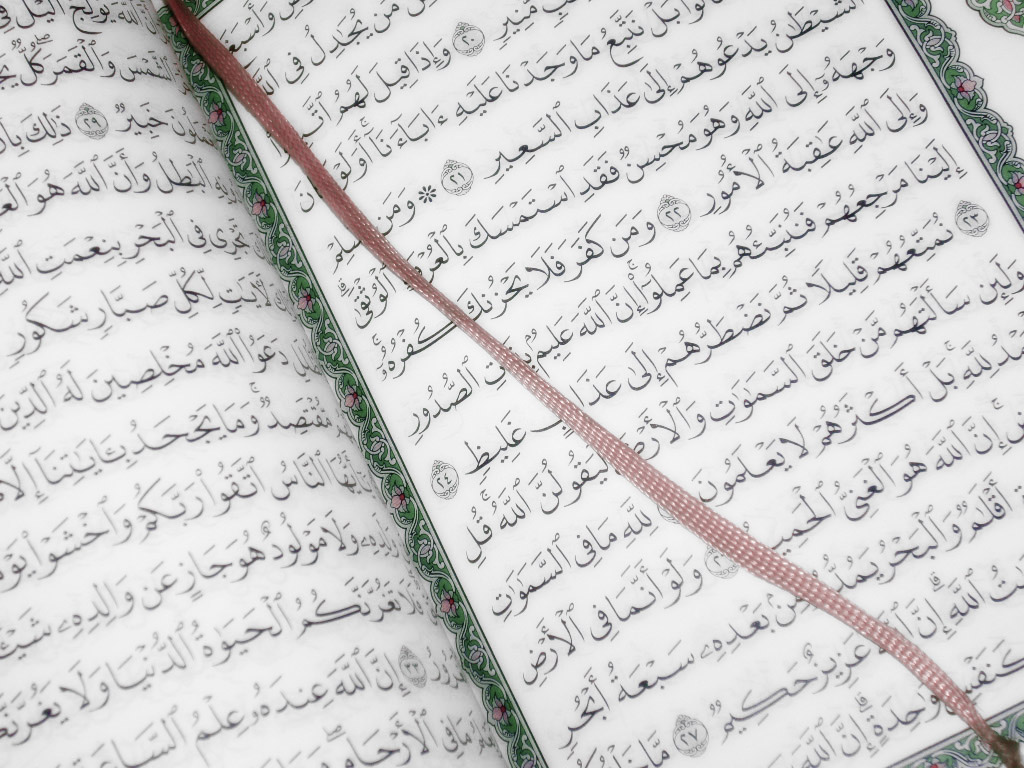
Allah gave me two eyes to see
the shiny green leaves of plants and trees
The black of night, the white of snow
and the colors of the bright rainbow
The tall gray buildings
and the tiny brown bee
Allah gave me two eyes to see
Allah gave me two ears to hear
the humming-bird humming as it draws near
the evening stillness so quiet and clear
The noisy dogs bark as we walk in the park
my father's loud sneeze and the whispering breeze
The tea kettle singing, the door bell ringing
Allah gave me two ears to hear
Allah gave me a tongue to taste
chocolate cake so fun to bake
Sour cherries and sweet blueberries
salty chips and spicy dips
cold ice cream that we eat in haste
Allah gave me a tongue to taste
Allah gave me a nose to smell
sweet incense and flowers around the fence
burning leaves and pepper that makes me sneeze
good food cooking while i wait looking
In the bakery, the buns they sell
Allah gave me a nose to smell
Allah gave me my skin to feel
with fingers and toes, elbows and heels
Slippery soap and sticky gum
my kitten's fur and his rough, tickly tongue
bark on trees and scrapes on knees
my mother's hands made to heal
Allah gave me my skin to feel
Allah gave me.....
a mind to think and
a heart to love and thank Him for His gifts from above
a mouth to smile and praise Him all the while
SUBHAN ALLAH (Glory to Allah)
AL HAMDULILLAH (Praise to Allah)
ALLAHU AKBAR (Allah is the greatest)
By Fatima M. D'Oyen








